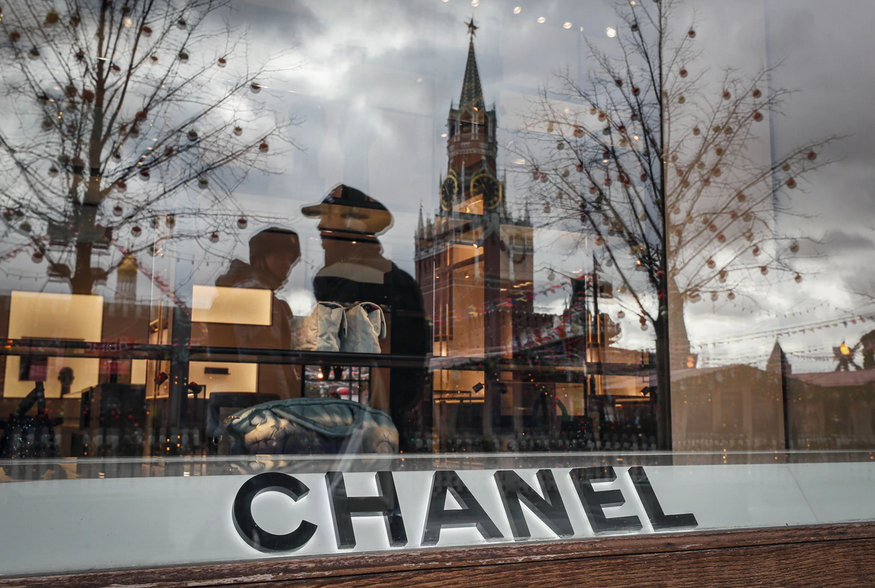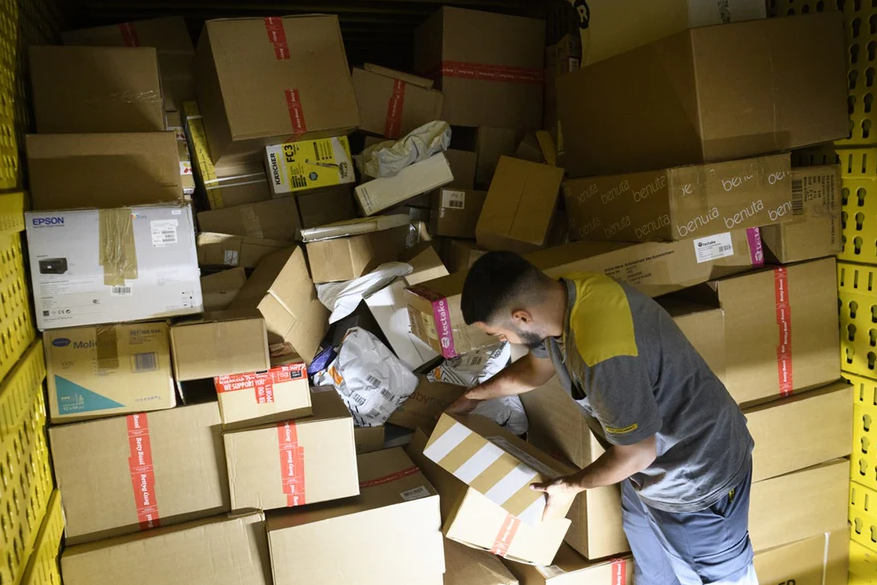“No natural gas, no war” protestors in the capital Bern on Saturday ©keystone/peter Schneider Renouncing Russian oil and gas would have serious consequences for the Swiss economy, an expert from the KOF Swiss Economic Institute has told a Sunday newspaper. If imports were to be cut off, for example in the wake of tougher sanctions against Russia, Swiss gross domestic product (GDP) would fall by 3-4 percentage points, spread over two years, according to calculations by KOF published in the SonntagsZeitung.External link The cost to the average Swiss: around CHF3,000 (,210). A slump of this magnitude is “big enough to cause a recession in normal times”, KOF expert Yngve Abrahamsen told the newspaper. But the fact that the economy is recovering after the coronavirus
Topics:
Swissinfo considers the following as important: 3.) Swissinfo Business and Economy, 3) Swiss Markets and News, Featured, Latest News, newsletter
This could be interesting, too:
Nachrichten Ticker - www.finanzen.ch writes Die Performance der Kryptowährungen in KW 9: Das hat sich bei Bitcoin, Ether & Co. getan
Nachrichten Ticker - www.finanzen.ch writes Wer verbirgt sich hinter der Ethereum-Technologie?
Martin Hartmann writes Eine Analyse nach den Lehren von Milton Friedman
Marc Chandler writes March 2025 Monthly
Renouncing Russian oil and gas would have serious consequences for the Swiss economy, an expert from the KOF Swiss Economic Institute has told a Sunday newspaper.
If imports were to be cut off, for example in the wake of tougher sanctions against Russia, Swiss gross domestic product (GDP) would fall by 3-4 percentage points, spread over two years, according to calculations by KOF published in the SonntagsZeitung.External link The cost to the average Swiss: around CHF3,000 ($3,210).
A slump of this magnitude is “big enough to cause a recession in normal times”, KOF expert Yngve Abrahamsen told the newspaper. But the fact that the economy is recovering after the coronavirus could help to limit the damage, he said.
Nevertheless, Abrahamsen believes it would be “feasible” for Switzerland to rely less on Russian commodities. He said that some of the Russian supplies could be replaced by other sources. A reduction in strategic reserves could also help in a transition period. However, this would mean higher prices, warned the KOF researcher.
Neutral Switzerland last month decided to join the European Union’s sweeping economic sanctions against Russian individuals and entities – in an historic step for the country. But Swiss sanctions have not specifically targeted commodities.
On Saturday, Swiss Economics Minister Guy Parmelin warned of the global consequences should sanctions be imposed on Russia for the commodities trade. He said this was not just about oil and gas, but also food, as some countries rely on grain from Ukraine and Russia.
Household budgets
Le Matin DimancheExternal link also took a look at the domestic household impact of the war in Ukraine. It warned that after gas and petrol, food prices were also likely to rise.
According to John Plassard from Mirabaud Bank, people can expect an increase of 10%-15% this year for basic products like butter, eggs, milk, bread and vegetable oils.
The country’s big supermarket chains have not yet raised process, but “the current crisis will certainly make its impact felt over the next months,” a spokesperson for Migros told the newspaper.
Meanwhile, Swiss unions have called for urgent measures for the Swiss economy, due to the risk of unemployment rising, the SonntagsZeitung reported. The tabloid SonntagsBlickExternal link highlighted a call from the Trade Union Federation for a rise in wages to offset losses in purchasing power.
Tags: Featured,Latest news,newsletter









